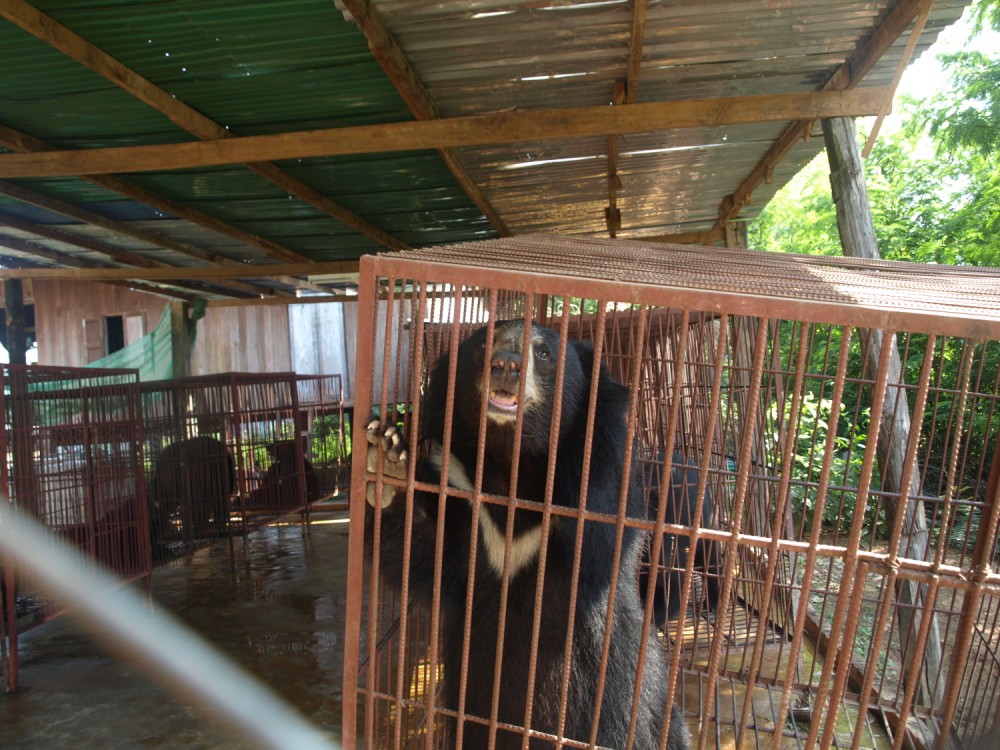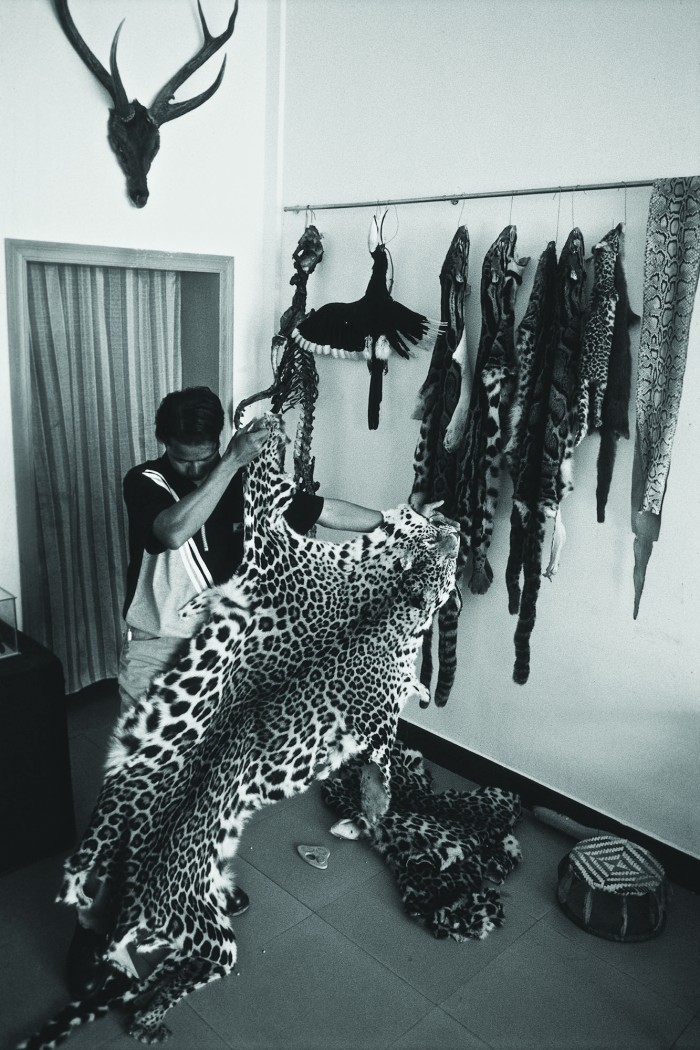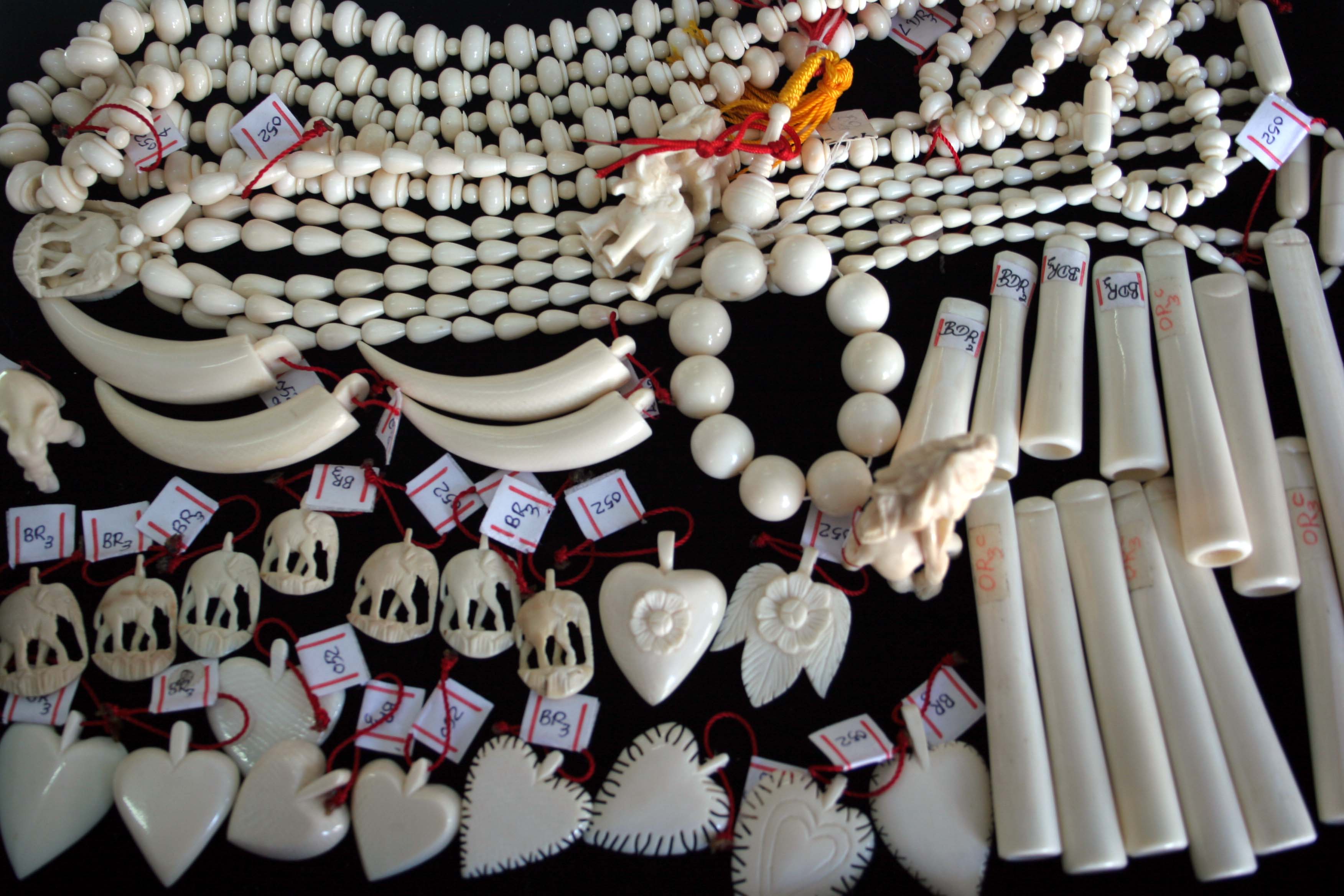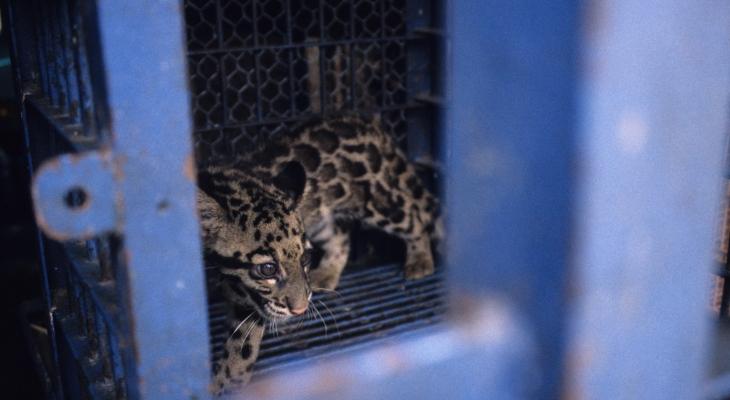World Wild Web: The Online Illegal Pet Trade
Online shopping is all the rage, and from the comfort of your bedroom you can get everything from handphone accessories to dresses for a slow loris.
Wait, what’s that?
You read that right – wild animals are traded online as pets, and it is really causing problems for both people and wildlife.
BEING CUTE IS THEIR DOWNFALL
Photo from TRAFFIC
There’s no denying that many of us are attracted to the "cute" factor of baby animals. We are exposed to videos of exotic pets and their antics, which makes your average viewer think that it is normal and okay to keep wildlife as pets. There are also those who want a unique pet to be ‘cool’ to show off to their peers.
But, is it really cool?
Many exotic pet owners care for animals. Some may even argue that a wild animal kept as a pet has a better, more comfortable life than one in the wild. But what many do not realise is that a wild animal goes through the process of being caught, transported, and then sold by the trader to the buyer. The mortality rates can be high and can occur at any point along this trade chain.
Especially for mammals, when a baby is caught for the pet trade, its mother and other adult family members are usually killed or harmed as they try to protect it. As the poached baby animals are often very young, many do not survive without proper parental care.
The stress induced to live animals from smuggling also takes a heavy toll on them. Animals are sealed into boxes and crates, suitcases and plastic containers, often sedated or their limbs taped together to prevent or minimise movement, and then transported to buyers via airplane, boats, buses or by post. Many do not survive.
One complicating factor in the live pet trade is where they are sourced from. Many exotic pets are being captive bred in legal and sustainable facilities, but perhaps more are poached from the wild and passed off as captive-bred to circumvent laws to protect these species. Some species are notoriously difficult to breed and the cost to breed legally and sustainably is exorbitant, leading to many being peddled as ‘captive-bred’, misleading the buyers on the true impact of their purchase.
The reality is that significant numbers of animals are trapped from the wild for the pet trade, resulting in declining wild populations and the threat of extinction for some. For instance, the straw-headed bulbul, a highly sought after songbird, has become extinct in the majority of their natural range because of high levels of capture.
A BIGGER RESPONSIBILITY THAN BARGAINED FOR

Photo from TRAFFIC
An animal that appears cute when it is a baby could grow up into an aggressive large animal that soils the floor, stinks up the house, destroys the furniture, and – even worse – bites and scratches the owner. Otters, for example, appear adorable but are what can be considered “high maintenance” as they are social animals that require plenty of attention, space (including a large water body), a fish-based diet, and have sharp teeth and claws. One may not be able to deal with it.
Even if they are not destructive, wild animals generally require specialised and often expensive care that few can provide. For example, many reptiles and amphibians require special living conditions and may need a constant supply of live prey. Exotic birds and mammals often require space and attention to be healthy. Some owners who are unable to manage may end up mistreating or abandoning their pets out of desperation.
Exotic pets also pose a health risk. They carry diseases like salmonella that can be harmful to us, especially to young children.
Furthermore, it is illegal to keep certain types of exotic pets. Some require permits, while others cannot be kept under any circumstances. In Singapore, it is illegal to keep all but three species of reptiles and amphibians. Exotic pet owners have been arrested and charged for illegally keeping protected animals. Penalties in Singapore are high, with offenders fined up to S$7,600 (about US$5,440) for illegally importing and possessing wildlife including the Indian star tortoise, leopard gecko and slow loris. Is it worth the risk?
FAST AND ANONYMOUS

Photo from TRAFFIC
The proliferation of online platforms offer traders fast and easy access to buyers, and protection from the law. TRAFFIC, the wildlife trade monitoring network, has researched and documented the advertisement of everything from eagles to bear cubs to tortoises for sale, in hundreds of groups and pages.
This is a problem that cannot be tackled by law enforcement alone. Therefore, through the Coalition to End Wildlife Trafficking Online, TRAFFIC and other conservation groups are working with social media and e-commerce companies to stem illegal wildlife trade online. Facebook, a member of the coalition, has changed their policy to ban the trade of all live animals on their platform from non-verified physical businesses, as well as all endangered species and their products across the platform. This resulted in several groups that were surveyed being taken down or given warnings. TRAFFIC- and WWF-developed training is also provided to compliance staff on how to identify illegal wildlife products on their platforms.
BUYER BEWARE

Photo from TRAFFIC
As much as traders are referred to as the “bad guys” for trying to profit from wild animals, it is equally the buyers’ responsibility to not drive demand. Do not buy any protected wildlife! If you aren’t sure, or cannot verify with your local authority where the animal comes from or if it is legal to keep, then just don’t buy. Many traders try to play up the cute factor or elicit sympathy to prey on the emotions of animal lovers, but buying wildlife to “save” them only rewards the traders and creates more demand.
If you see any suspicious wildlife trade incidents, you can make a report to your local wildlife crime hotline. TRAFFIC manages an easy reporting app — Wildlife Witness App — in collaboration with Taronga Zoo, through which you can also make a report of any Southeast Asia-based incidents, and we will route it to the appropriate law enforcement agencies for further action.
Discourage your friends from buying illegal wildlife. Find out more about the legality and sustainability of the pet trade. Speak out against anyone you see on social media offering to sell, or indicating interest to buy protected wild animals as pets. Be mindful that sharing cute videos of wild animals in captivity (especially as pets) drives demand, so either avoid doing this, or include a caveat. By doing this, you are helping to make it less acceptable, and even undesirable, to keep wildlife as pets illegally.
Love animals? Participate in responsible eco-tourism to see wildlife in the wild! This gives incentives not only to keep wildlife in the wild, but also to support local livelihoods, while protecting the habitats of these wild animals.
And of course, the Internet can be used for good too. Follow us on facebook.com/trafficsea to get the latest news on wildlife trade and find out more about what we do!





